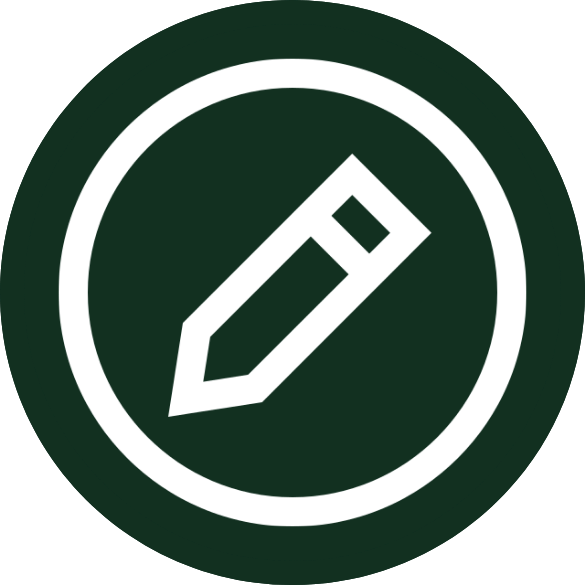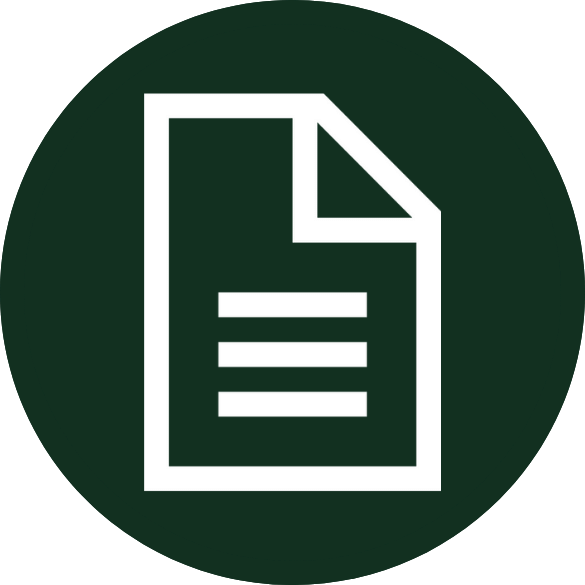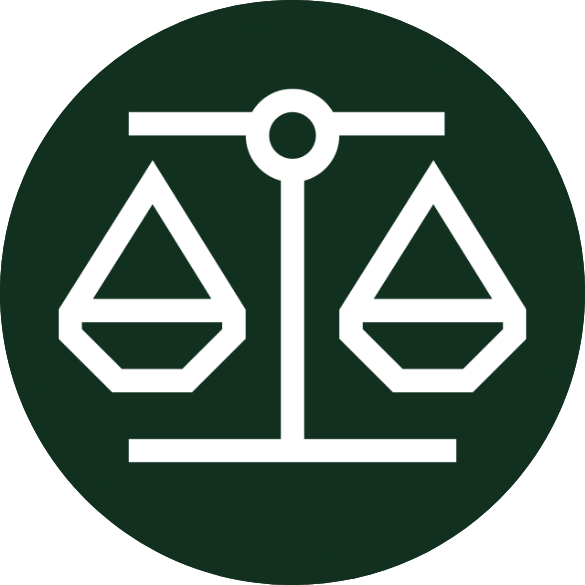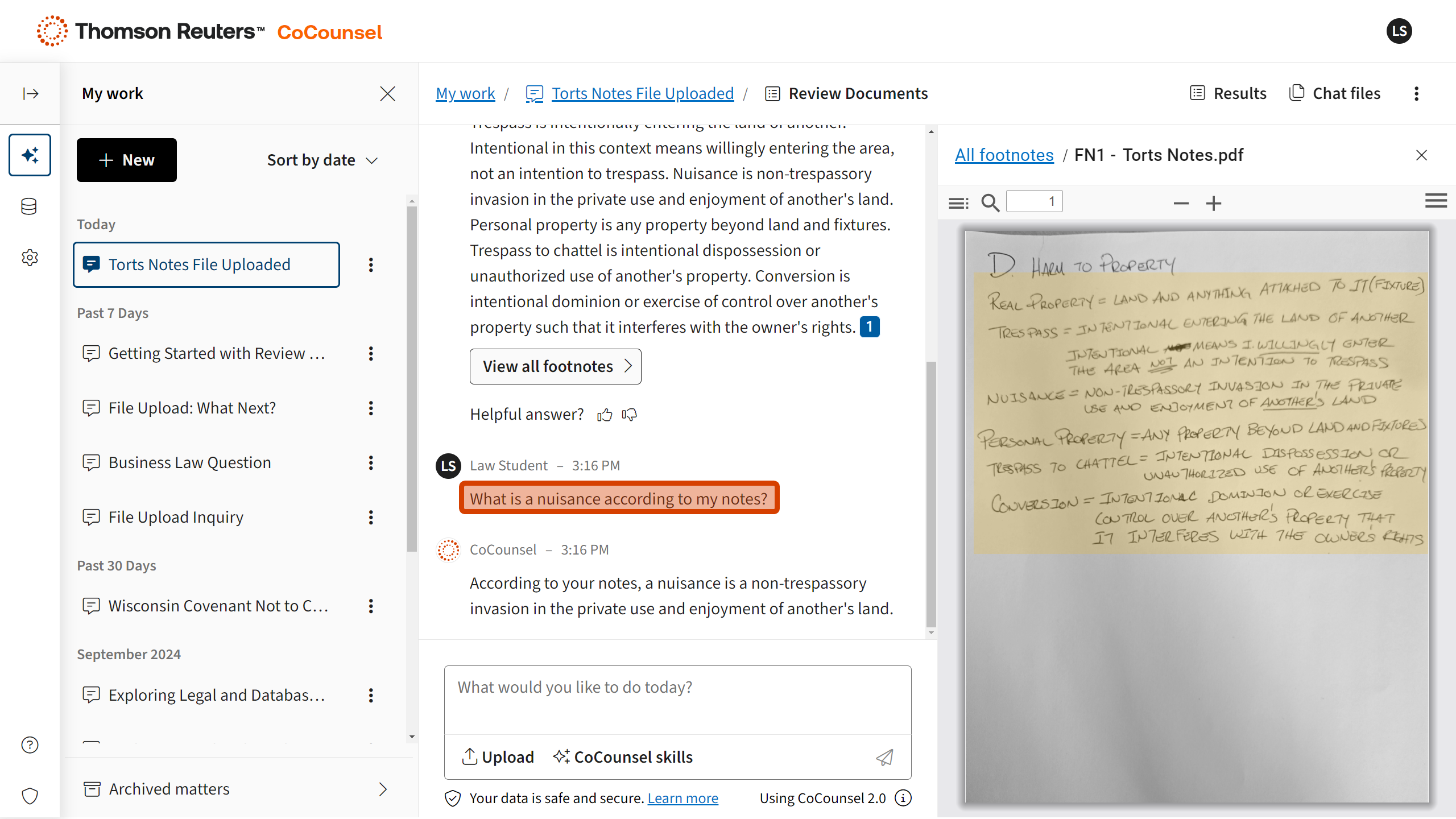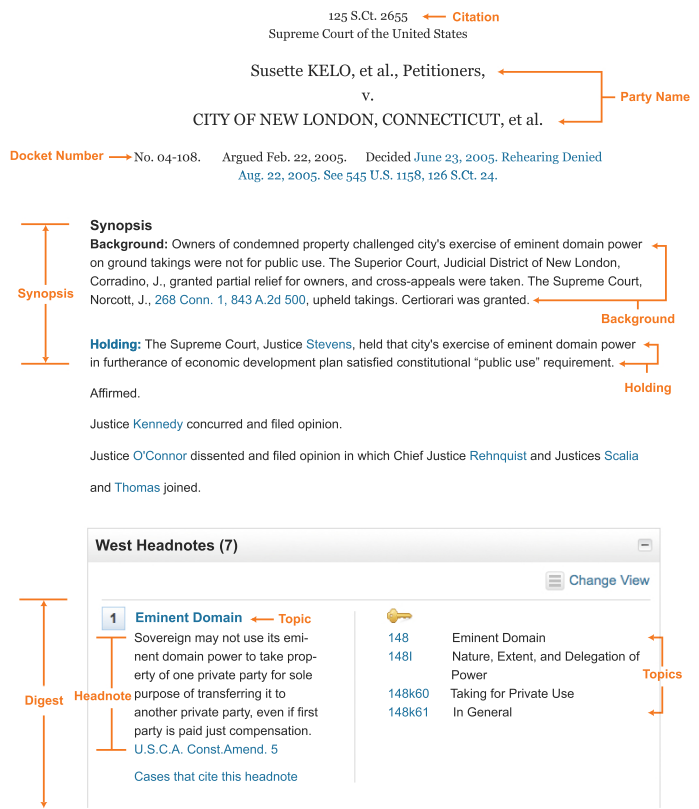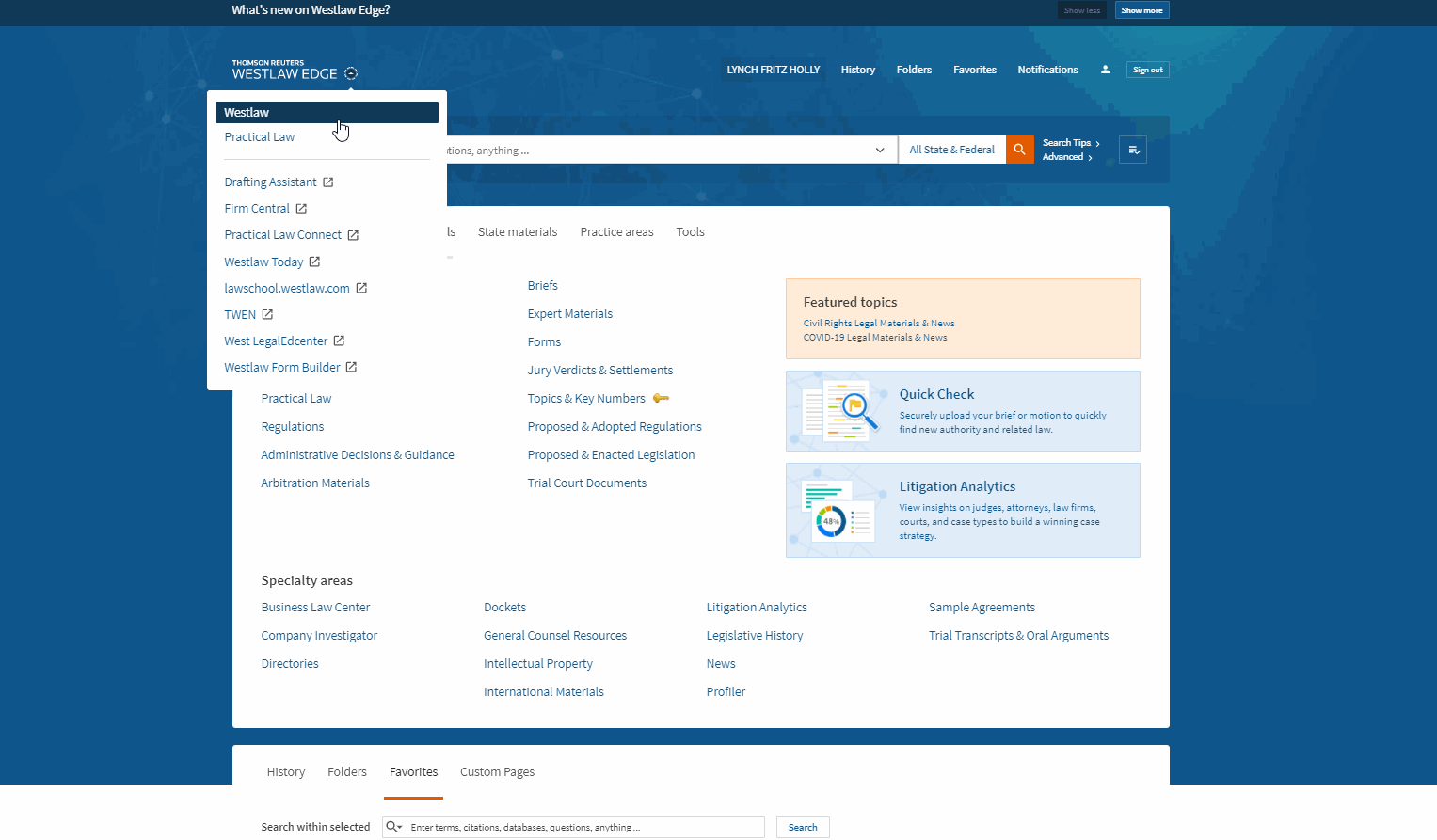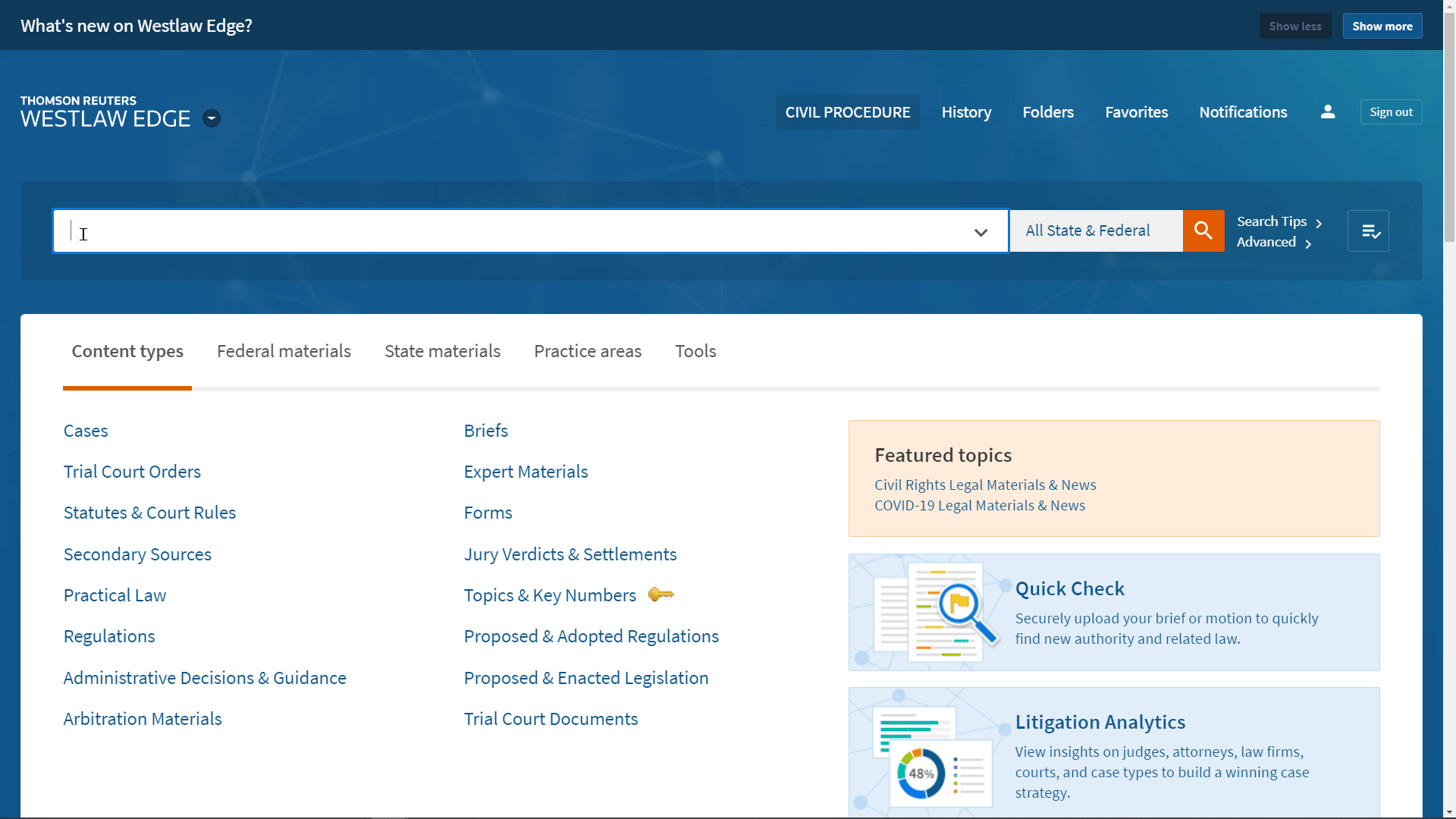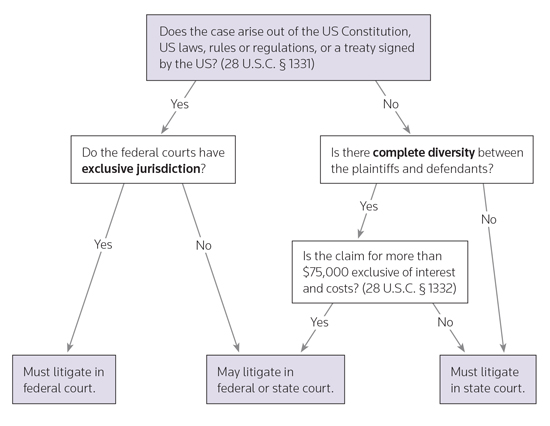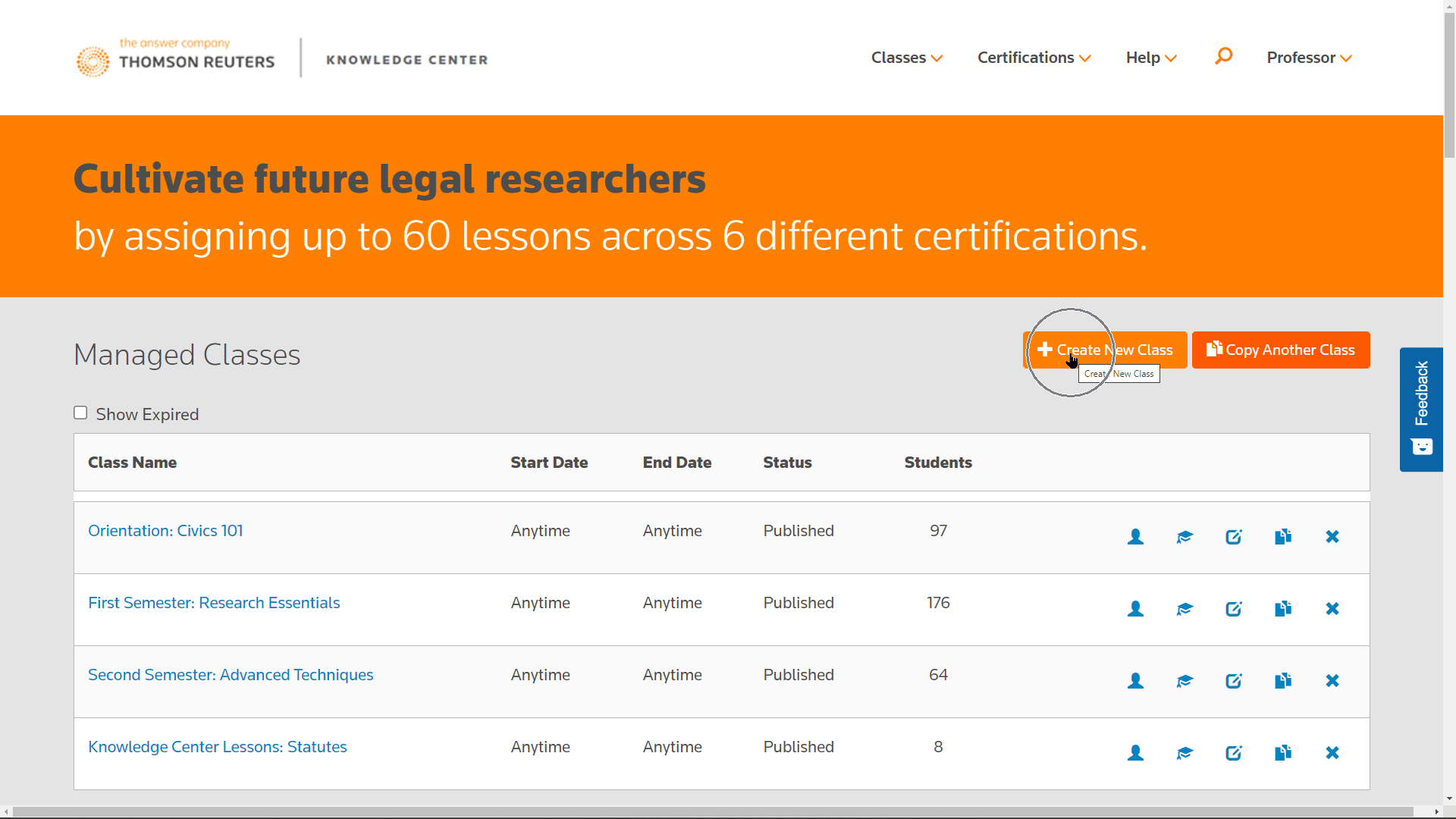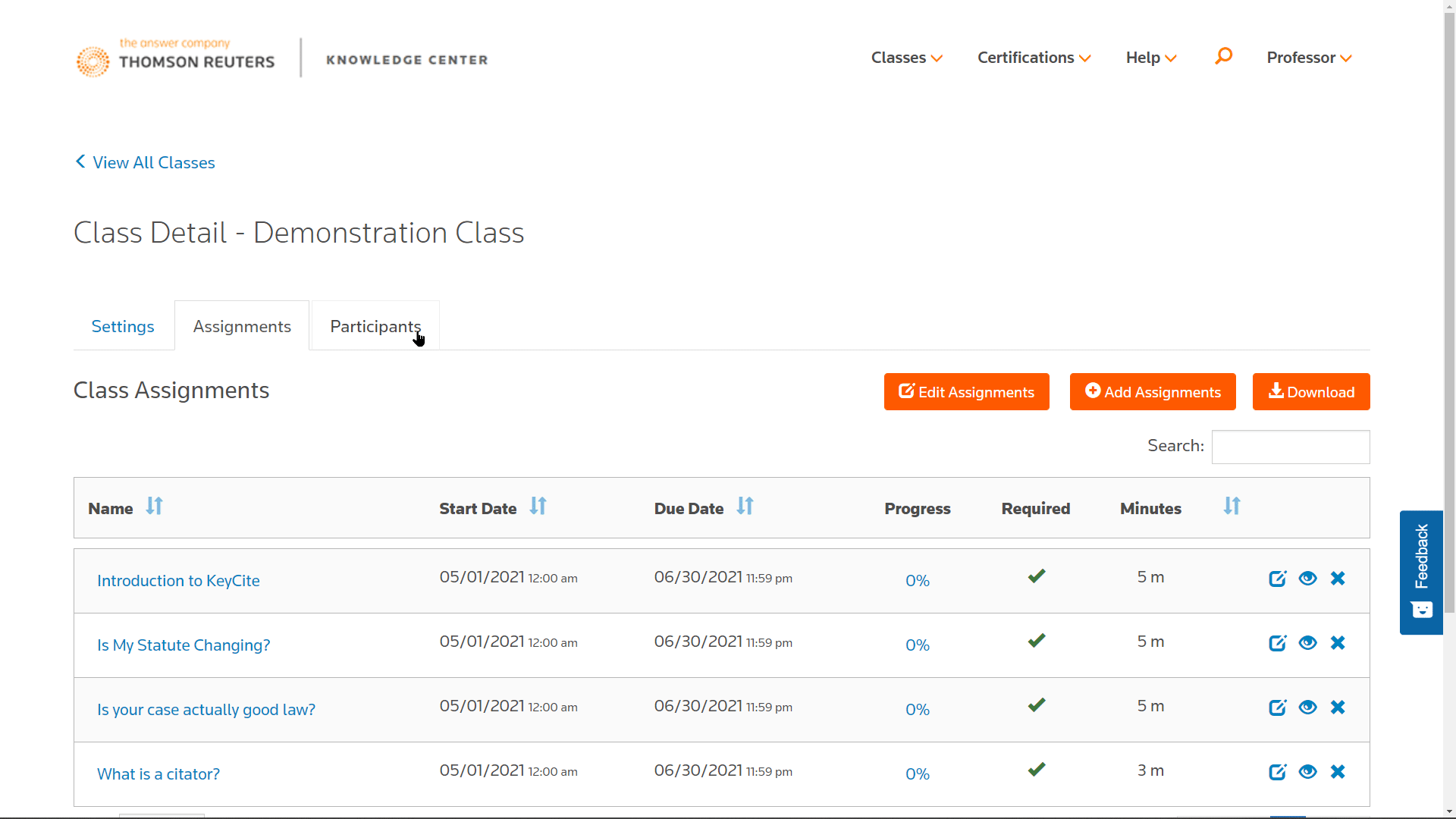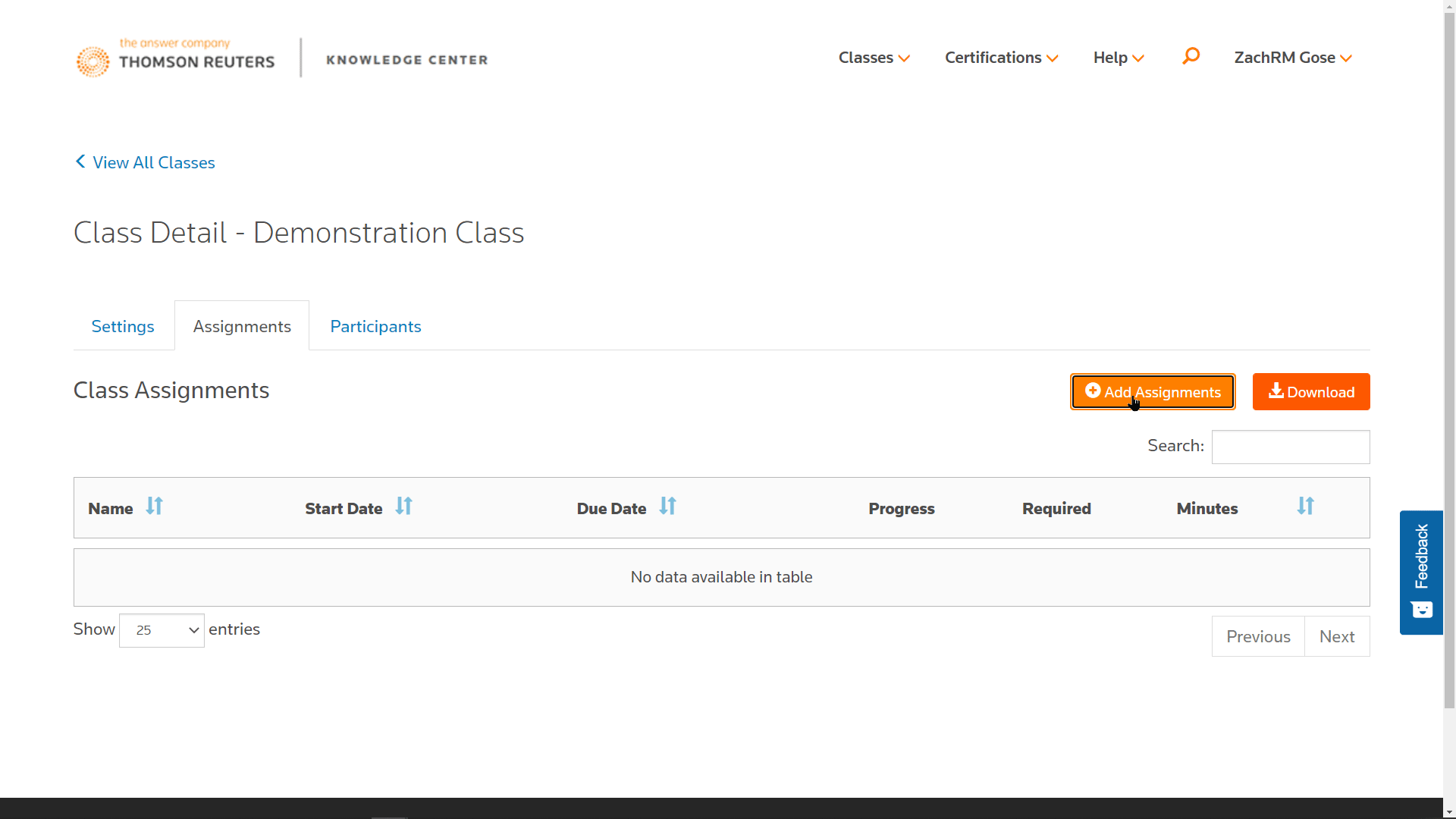Certifications
Enhance Your Knowledge & Showcase Your Skills
With Thomson Reuters Research Certifications
Basic Certification
Learn the fundamental Westlaw tools and techniques for effective research:
- Plain-language searching, filters, and Precision Search
- Discover various types of secondary sources and how to find them
- Westlaw's annotations to find cases, statutes, and other authorities
- Streamline your research with shortcuts, like Copy with Reference
- KeyCite to validate your findings and expand research.
Intermediate Certification
Amplify your research skills with Westlaw tools that will help you work more efficiently and competently:
- Learn how to search using the Key Number System
- Use KeyCite tools like the red-striped flag, Cited With technology, and advanced Citing References
- Leverage statutory research tools like Notes of Decisions, Context & Analysis, and Graphical History
- Find sources and get up to speed quickly with the Secondary Resource Index and Practical Law
- Take advantage of Outline Builder and Quick Check to link your research to your writing assignments.
Advanced Certification
There is always something new to discover and master when it comes to Westlaw:
- Learn how to quickly run precise searches using terms & connectors and field searches
- Delve into Westlaw's legislative history tools to find and use regulations.
- Uncover new developments in the law and quickly understand the procedural posture of a case.
- Utilize Folder Analysis to discover missed issues and Graphical History to retrace your steps
- Access court documents for useful insights on drafting, and explore legal forms for examples.
Legal Research & Writing Certification
An introduction to legal research & writing, the core skills for all future attorneys.
- Learn the basics of legal research & writing and how they are practiced by students and attorneys
- Explore the various types of legal analysis frameworks and writing styles
- Understand the core components of case briefs and the briefing process
- Recognize the need for properly formatted legal citations
- Discover how to effectively research and draft a legal memorandum
Foundations of Legal Research Certification
Understand the legal system and how to put a research plan into action.
- An overview of the legal system, precedent and types of authority
- Build effective research plans
- Identify gaps in legal knowledge and overcome them
- Construct legal arguments utilizing different types of legal authority
Transactional Certification
An introduction transactional practice for all future attorneys.
- Transactional drafting principles, document types, and the role of negotiation in deals.
- Key transactional vocabulary, due diligence, and the importance of precedent documents.
- Utilizing technology like Westlaw for research, drafting, and ensuring compliance.
- The lifecycle of transactional documents from pre-drafting to finalization and execution.
- Crafting complex clauses, avoiding common pitfalls, and adhering to ethical standards.
Litigation Research Certification
An overview of trial pratice and research techniques for all future attorneys.
- Gain trial preparation skills, including strategy and evidence presentation techniques.
- Understand jury selection and the importance of voir dire processes.
- Learn to draft and argue motions, and understand trial objections.
- Comprehend appellate court structures and standards for reviewing trial court decisions.
- Master appellate brief writing, including research and argument construction.
Prepare to Practice Certification
Preparing to practice goes beyond legal research.
- Understand the business of law, and the role research plays
- Utilize different methods of billing and tracking time
- Employ practice tools to avoid conflicts and missed deadlines
- Research both time-efficiently and cost-effectively



